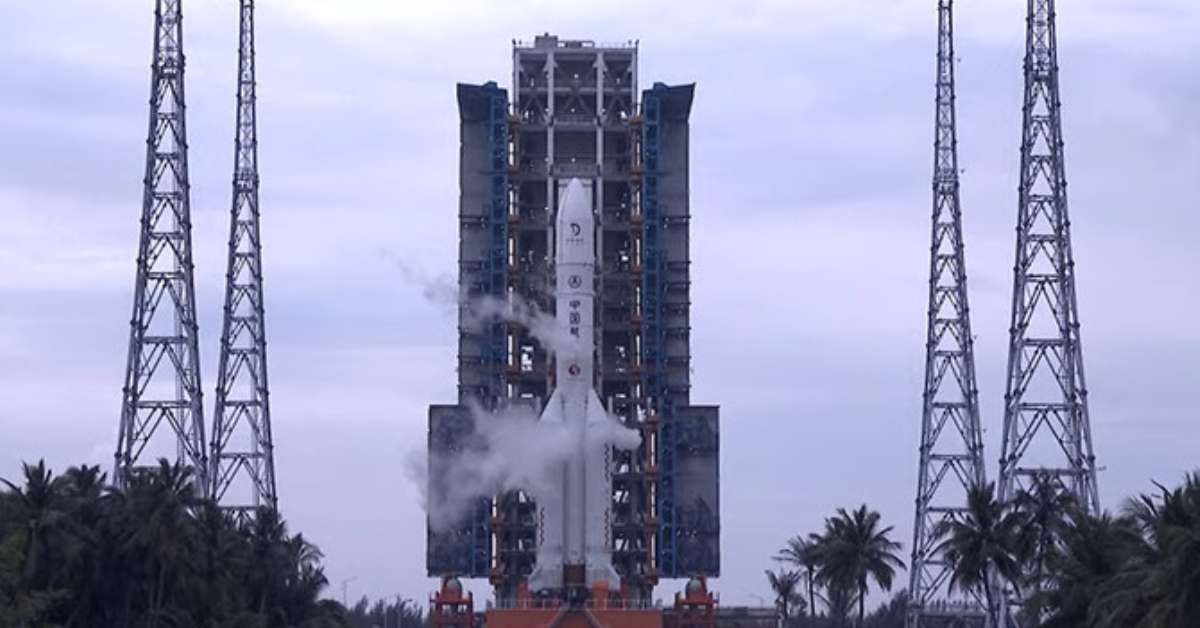The recent successful launch of Pakistan’s first lunar mission, named ICUBE-Qamar, marks a significant milestone in the nation’s space exploration endeavors. Developed through collaboration between Pakistan and China, this mission symbolizes a leap forward in scientific achievement and technological prowess for both countries.
Background of the Mission
Pakistan’s space agency, SUPARCO, partnered with China’s space program to conceive and execute the ICUBE-Qamar mission. The primary objective of this mission is to advance scientific research and technological capabilities in space exploration. ICUBE-Qamar is equipped to collect lunar surface samples from specific regions of interest on the Moon’s surface, which will be crucial for furthering our understanding of celestial bodies.
Development and Preparation
The development of ICUBE-Qamar involved a joint effort between Pakistani and Chinese scientists and engineers. The satellite was meticulously designed to withstand the challenges of space travel and to perform its scientific tasks efficiently. Rigorous testing and preparations ensured that ICUBE-Qamar was ready for its journey to the Moon.
Must Read: Pakistan and China to Launch Groundbreaking Lunar Mission
Launch Details
On the designated launch date, ICUBE-Qamar was successfully deployed into space from a launch site in China. The satellite hitched a ride aboard a Chinese space mission, reflecting the collaborative spirit and shared goals of both nations in the field of space exploration.
Mission Goals
ICUBE-Qamar aims to achieve several scientific objectives, including the collection of lunar surface samples and the study of geological features on the Moon’s surface. The data gathered from this mission will contribute significantly to ongoing research in lunar science.
Significance for Pakistan
The successful launch of ICUBE-Qamar signifies Pakistan’s growing capabilities in space technology and research. It opens new avenues for scientific collaboration and positions the country as a key player in the international space community.
Challenges and Achievements
The development and execution of a lunar mission pose numerous technical challenges, all of which were overcome through diligent planning and expertise. The successful launch and deployment of ICUBE-Qamar demonstrate the capabilities of Pakistani and Chinese scientists in overcoming such challenges.
Future Implications
ICUBE-Qamar’s success sets the stage for future lunar missions from Pakistan. It underscores the potential for further advancements in space exploration and the expansion of Pakistan’s space program.
Public Reception and Excitement
The launch of Pakistan’s first lunar mission has generated widespread excitement and pride among the public. It serves as an inspiration for young scientists and engineers to pursue careers in space technology and exploration.
Final Thoughts
To sum up, the successful launch of Pakistan’s first lunar mission, ICUBE-Qamar, represents a significant milestone for the nation’s space program. This mission not only expands scientific horizons but also strengthens international partnerships in the quest for knowledge beyond Earth.




